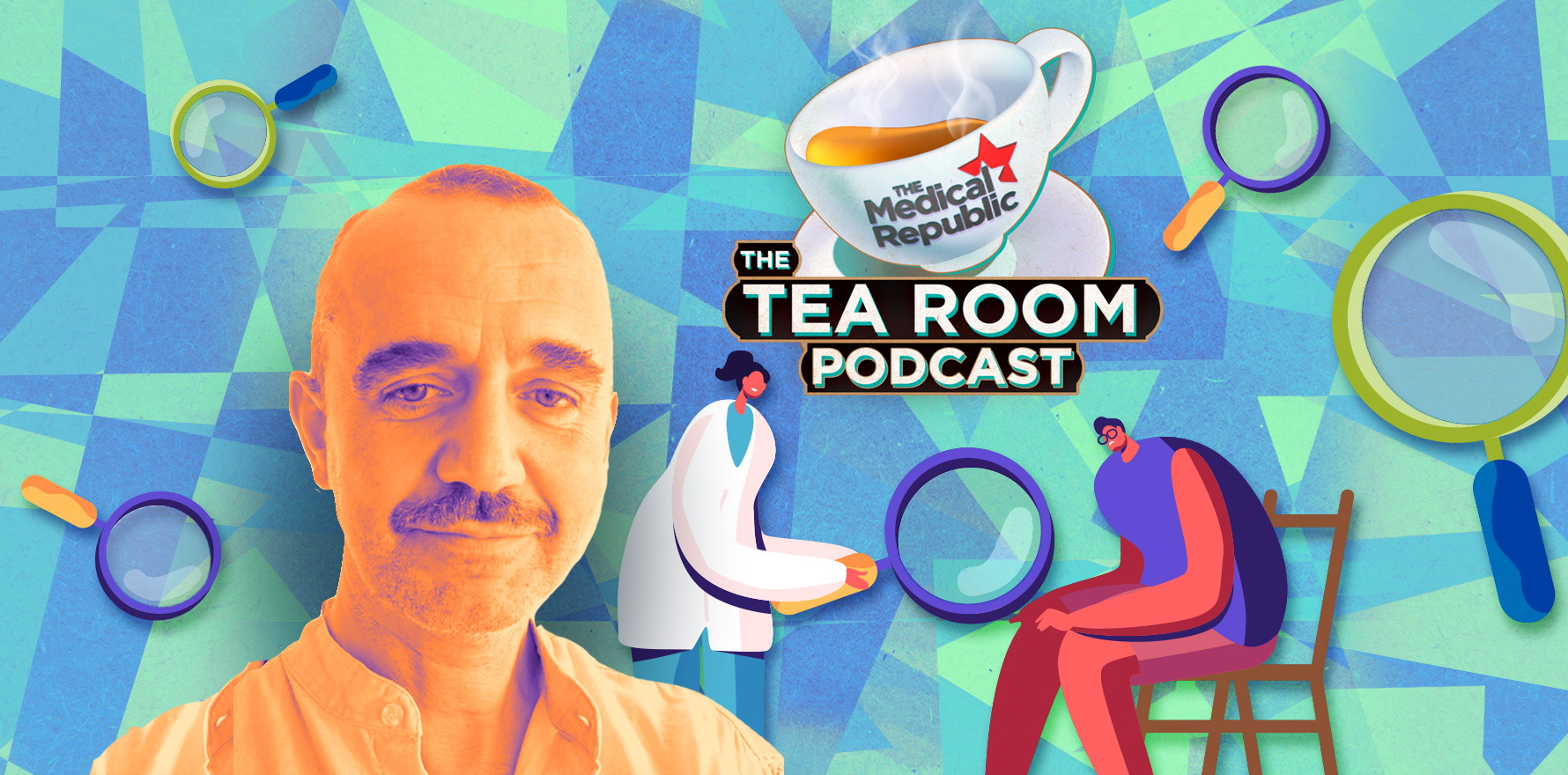GPs who treat patients with rheumatological conditions have a lot to manage but some valuable new materials may be able to help.
This week, Dr James Martin speaks to The Tea Room about how to better manage patients living with rheumatological conditions.
It’s not a straightforward process, he says, and reading the consumer medicines information sheets can send some patients into a panic. So, as GP liaison officer for Brisbane North PHN, Dr Martin teamed up with the Australian Rheumatology Association to develop some resources for GPs.
The Shared Care Factsheet is proving very popular.
“It’s a handy guide to all the major rheumatology medications and also clarifies what rheumatologists ask GPs,” Dr Martin says. “It also helps troubleshoot issues that might come up with patients on rheumatology medications.”
GPs should check the vaccination status of patients who are taking methotrexate and ensure they have a regular skin cancer check, Dr Martin says. It’s also important to discuss contraception, while he adds that respectful dialogue with transgender patients is essential.
A session at the recent American College of Rheumatology conference gave insights into how to ask about a patient’s transgender status.
“We are increasingly encountering this in general practice,” he said, “so developing our skills with those types of patients is important.”
However, collaboration with rheumatologists is ultimately the best way to develop better treatment for patients, Dr Martin says. While he acknowledges that time pressure can prevent GPs from picking up the phone to other specialists, time pressure is also part of the broader problem of GPs’ neglecting their own wellbeing.
“It’s the nature of doctors that we feel we should get on with it, put our heads down and keep working harder to achieve results,” he says, “but when we step back and talk to people it really helps us refresh and reprioritise and continue to do what we entered medicine for.”
Dr Martin suggests Drs4Drs as a great resource for clinicians who are struggling with their own wellbeing.
“It’s crucial that we look after ourselves and our colleagues as much as we can if we’re going to continue to do all the incredible work that we all do,” he says.


